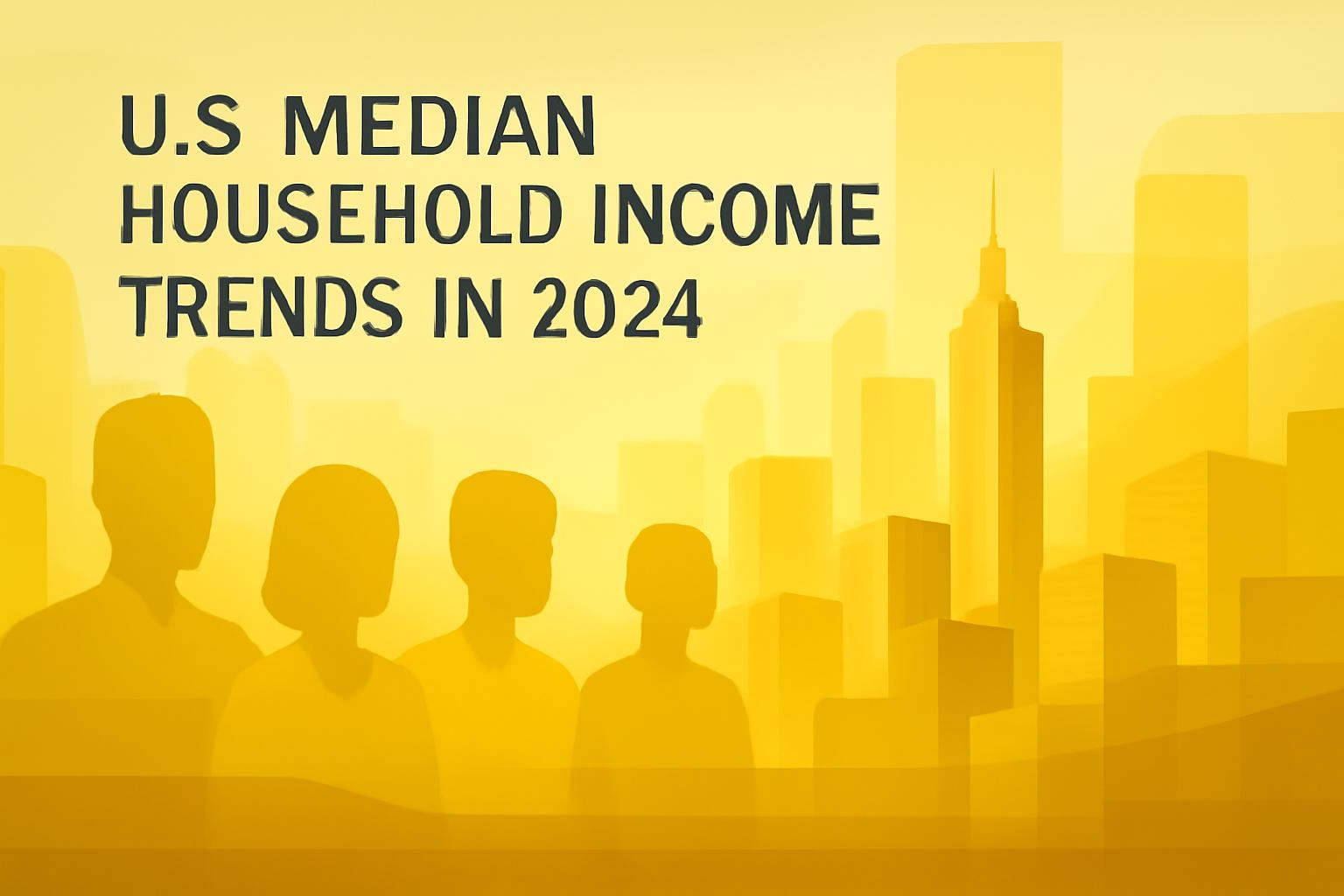U.S. Median Household Income Edges Up in 2024 Despite Unequal Gains
According to estimates released by the U.S. Census Bureau on September 9, the median household income in the United States reached $83,730 in 2024. This represents a $1,040 increase from 2023, equating to a 1.3% rise. However, the Census Bureau does not classify this change as statistically significant.
By comparison, the previous year saw a roughly 4% increase in median income, marking the first statistically significant growth since 2019. Despite the modest increase, Elise Gould, senior economist at the Economic Policy Institute, emphasized that the rise remains economically meaningful for many households. “You’re still beating out inflation,” Gould explained, calling the report “definitely positive.” She noted that the faster economic growth and sharper inflation decline seen in the prior period contributed to the larger income gains then.
Income Growth Uneven Across Demographics
The data reveals widening disparities in income growth across different income brackets and demographic groups. The top 10% of earners experienced a 4.2% increase in median income, while the bottom 10% saw only a 2.2% gain. This divergence underscores persistent income inequality trends.
Racial disparities were also evident. Median incomes among Hispanic and Asian households rose by approximately 5% between 2023 and 2024. Conversely, Black households experienced a 3.3% decline in median income, and incomes among white households remained largely unchanged during this period.
Gender Wage Gap Widens Among Full-Time Workers
The gender wage gap also expanded in 2024. Full-time male workers saw wage growth of 3.7%, outpacing the 1.5% increase for full-time female workers. This marks the second consecutive year of widening disparity in earnings between full-time male and female employees, according to Census Bureau data.
However, when considering all women with earnings, including part-time workers, median earnings increased by about 5%, slightly higher than the roughly 4% growth for all male earners. Gould suggested this may point to shifts in part-time work dynamics contributing to these differences.
Additionally, Americans without high school diplomas experienced a notable 6.6% increase in earnings, further highlighting complexities in income trends across education levels.
Looking Ahead: Economic Context and Future Risks
Gould cautioned that the 2024 income data does not account for ongoing economic developments in 2025 that could influence household earnings. In a post on Bluesky, she highlighted concerns about recent policy impacts, including tariffs and labor market softening, which may introduce inflationary pressures and affect income growth moving forward.
Overall, while the income gains in 2024 were modest and not statistically significant, the improvement remains a positive signal amid ongoing economic uncertainty and entrenched disparities.
FinOracleAI — Market View
The slight increase in median household income, despite not reaching statistical significance, suggests modest consumer spending power growth, which could support steady economic activity in the near term. However, persistent income inequality and widening wage gaps pose risks to broad-based economic resilience and demand.
Investors should monitor upcoming labor market data and inflation trends, as these factors will influence wage growth trajectories and consumer confidence. Disparities across demographic groups also warrant attention, given their implications for social stability and policy responses.
Impact: neutral













